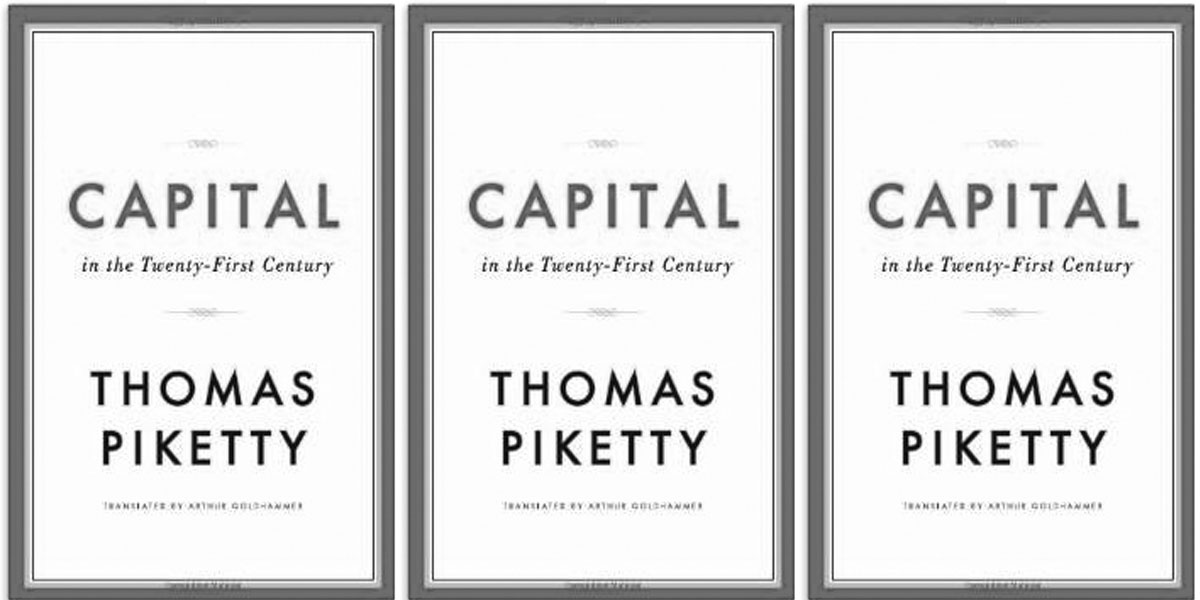Our essential books of 2014: Capital in the Twenty-First Century by Thomas Piketty
The dramatic impact of Thomas Piketty’s Capital in the Twenty-First Century is partly down to the sheer reach of its raw material. The product of years of research conducted in partnership with other scholars, including Tony Atkinson at Oxford, this...
The dramatic impact of Thomas Piketty’s Capital in the Twenty-First Century is partly down to the sheer reach of its raw material. The product of years of research conducted in partnership with other scholars, including Tony Atkinson at Oxford, this provides a unique archive of international data charting the long evolution of inequality. It is this groundbreaking work, already published in the extensively used online World Top Income Data Base, which has provided the hard evidence for Piketty’s central thesis: that today’s promarket economic model has an in-built tendency to generate ever growing levels of inequality. This is because of what he calls ‘a fundamental force for divergence`: that the return on capital ( r ) – dividends, interest, rents and capital gains – nearly always exceeds growth in the overall economy ( g ).
This follows from the way the top one per cent, as owners of capital, are able to leverage their super-salaries and accumulated wealth, thus accumulating an ever-greater slice of the pie, leaving less and less for everyone else.
While reviews have compared Piketty’s work with that of Adam Smith, Karl Marx and John Maynard Keynes, especially in the United States, he is not without critics, from right and left. Some have questioned his data, others the deterministic character of his thesis, although no-one has yet landed a significant punch. Whether Piketty’s ‘rock star’ status and the book’s voluminous sales will help steer capitalism in a more progressive direction remains to be seen. But Capital has undoubtedly added momentum to the urgency of the inequality debate, giving intellectual ballast to the social democratic case for the fundamental reform of capitalism and exposing big holes in contemporary economic orthodoxy. The debate on contemporary capitalism will never be quite the same again.
